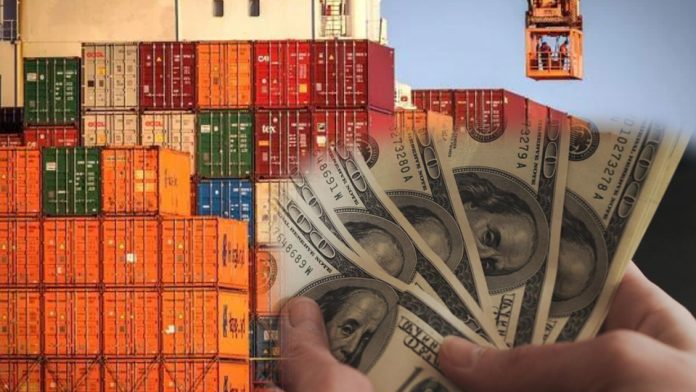Shouldn’t Sri Lanka have defaulted on the settlement of the ISB of USD 500 million on 18th January 2022? Wouldn’t that have saved the Forex for the import of essential items?
Defaulting debt is a very complicated and painful matter. It is not a casual or frivolous matter. It is well known that various people had suggested to the Sri Lankan authorities at various times to default on its external public debt. They gave various reasons as to why that should be done. Some opposition MPs also advised default, and in fact, found fault with the relevant officials and other authorities when it was not done. However, few persons realize that it is not possible to have selective defaults of particular sovereign loans, since many loan agreements with international creditors have “cross-default” clauses which are far-reaching. It is also likely that those persons who were calling for the default of the ISB of January 2022 were blissfully unaware that, as per the Offering Circular for the ISB of USD 500 million, the Sri Lankan Government had solemnly assured all prospective investors that “the full faith and credit of the Democratic Socialist Republic of Sri Lanka will be pledged for the due and punctual payment of the principal of, and interest on, the Bonds.”
When a sovereign forex loan is not repaid, the credibility of the country will be lost, and investors will shun that country. It will not be easy for the defaulting country to obtain new forex loans thereafter. The country’s banking system will come under a lot of pressure and face very serious difficulties when opening letters of credit and carrying out forex transactions. Forex loans and investments that were previously forthcoming to the local banks would be halted or postponed. Most forex-funded infrastructure projects will stop. Foreign Direct Investors will adopt a “wait and see” attitude. Small and medium sized import-based businesses and entrepreneurs will be badly affected. Accordingly, it would be vital to have a strategy to deal with these challenges when external debt is defaulted. Failure to do so may lead to unmanageable problems.
It is also likely that those who proposed default, won’t be around to assume responsibility when the default repercussions arise, and it will be the Government and the people that will have to face the consequences. That is why if a sovereign debt default is contemplated, it is the responsibility of the authorities to initiate and undertake a discussion on the subject and thereafter take the decision. In fact, a decision to default by a country is so serious that it should properly receive the formal approval of the Cabinet of Ministers with the advice of the Attorney General as well. Further, in view of the fact that the Parliament has already voted the necessary funds for debt servicing at the time of approving the Budget and Parliament has the final responsibility for finances, obtaining Parliament’s approval may also be in order.
Hence, even though various people urged the non-payment of the International Sovereign Bond (ISB) on 18th January 2022 and/or other debts, it must be understood that such unsolicited requests cannot be considered by officials, without proper authority or approval of the Government.
In any event, up to 11th April 2022, it was Government Policy not to default, and both Ministry of Finance (MOF) and the Central Bank of Sri Lanka (CBSL) had followed that policy faithfully since independence. However, as announced by the MOF on 12th April 2022, that policy was changed when the MOF decided to default on that day. Now that the Government has already announced the decision to default, it may be presumed that all connected issues have been carefully considered and approvals obtained. At the same time, certain key government leaders and several private sector leaders who proposed this strategy of default have stated that the forex saved by not paying the loans could be used to fund essential imports. However, many analysts have serious reservations about the materialization of that outcome.
Osman Chandrawansa
Senior Economist and
Former Controller of Exchange
